Psychology professor Dacher Keltner joins us to discuss a relatively new field of research studying awe, how it can transform the mind and body, and his own personal experiences with it.
Read more


Psychology professor Dacher Keltner joins us to discuss a relatively new field of research studying awe, how it can transform the mind and body, and his own personal experiences with it.
Read more
Tara Parker-Pope, Well+Being Editor at The Washington Post, discusses the longevity gap between men and women – which is present around the world – and the research that’s needed to understand it.
Read more
New Yorker staff writer Emily Witt discusses IVG – a process that involves using nonreproductive cells to produce offspring – and the potential for same-sex couples to each be biologically related to their child.
Read more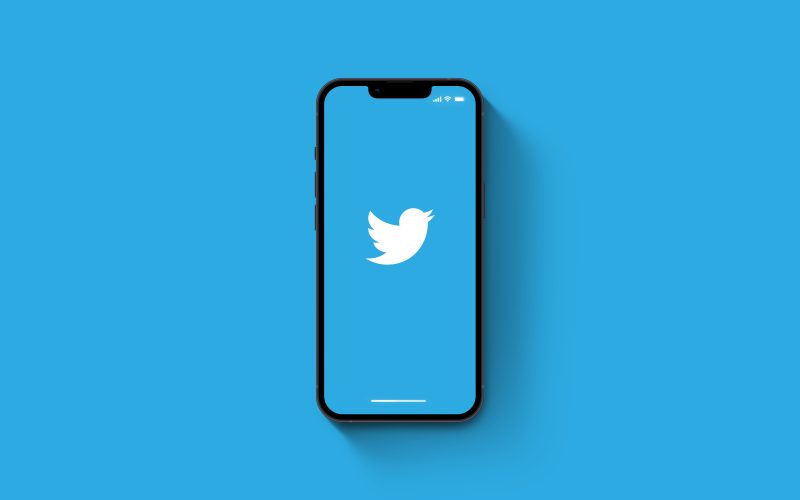
Willy Staley joins Krys Boyd to discuss Twitter beyond Elon Musk’s takeover, how it’s changed how we talk with one another over the last 15 years, and if it’s all been worth it.
Read more
Jonathan B. Losos joins us to discuss the evolution of our feline friends and explore the relationship we humans have with Felis catus.
Read more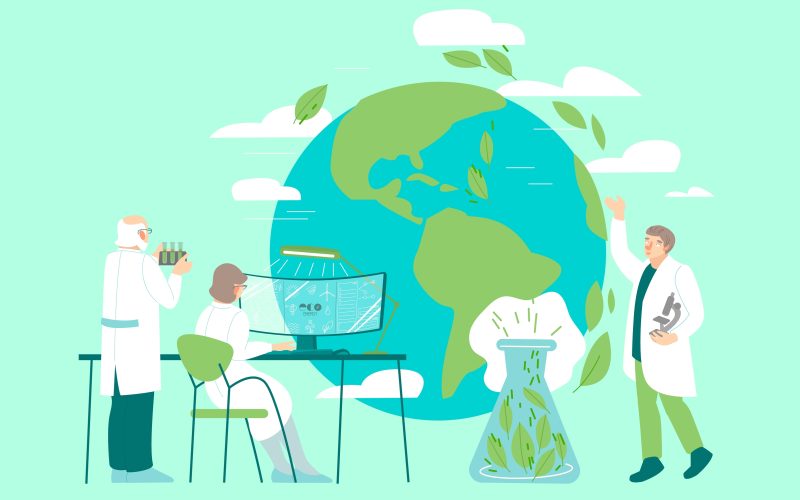
Shannon Osaka joins host Krys Boyd to discuss the growing number of people who share a grim view of the future, and how climate scientists are trying to win them back.
Read more
Emma Chapman, a Royal Society research fellow at the University of Nottingham, discusses the 100 million years missing from the timeline of the universe, and efforts to uncover the secrets of the stars.
Read more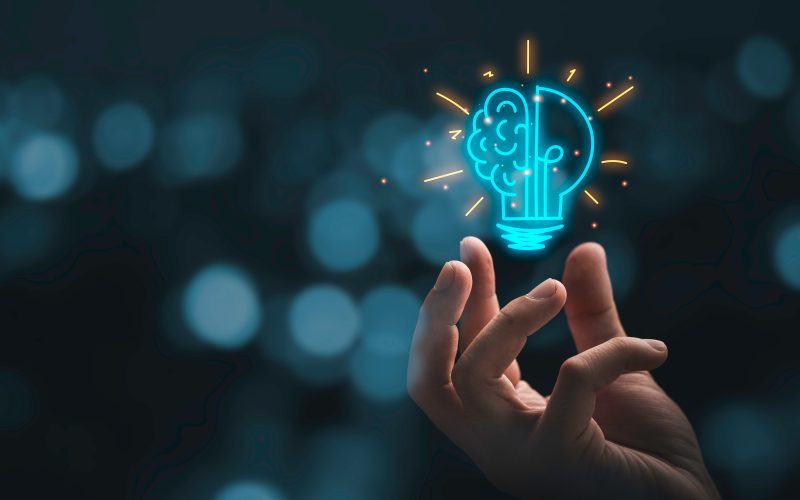
Rina Bliss, associate professor of sociology at Rutgers University, joins host Krys Boyd to discuss her work in epigenetics, working to understand how human intelligence grows and changes in response to our surroundings.
Read more
Harper’s contributor Tom Vanderbilt joins host Krys Boyd to discuss the science of timekeeping, why official clocks are just a forecast — not an absolute — and the people who keep us all on schedule.
Read more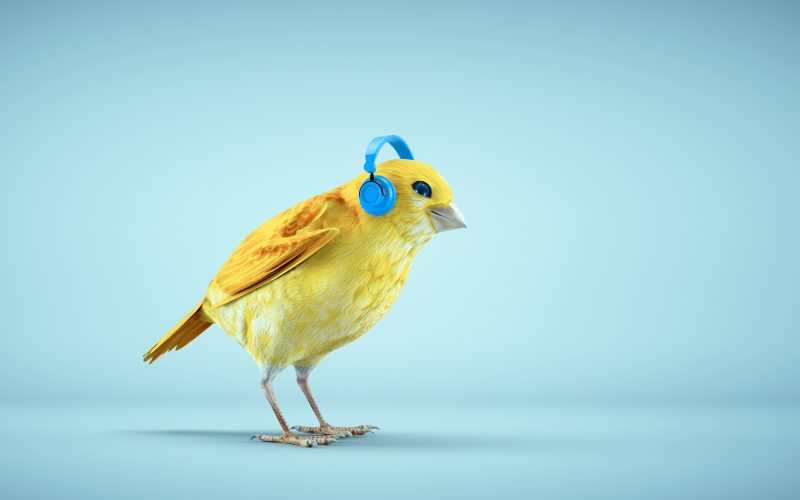
New Yorker staff writer Burkhard Bilger joins us to discuss his profile of neuroscientist and musician David Sulzer, who is trying to define what music is and how studying animals’ connection to music is helping in that pursuit.
Read more
Yale neurologist Dr. Steven Novella is one of America’s foremost scientific skeptics, and he joins us for a look at what earlier futurists got right and what they missed in order to better fine-tune our current predictions.
Read more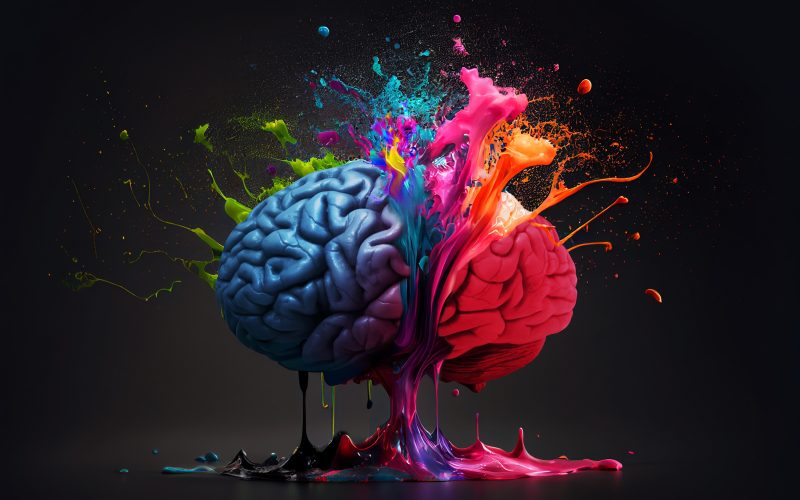
Susan Magsamen of the International Arts + Mind Lab joins us to discuss the many ways art lengthens life spans, triggers brainwaves, counteracts loneliness, and generally makes us better.
Read more